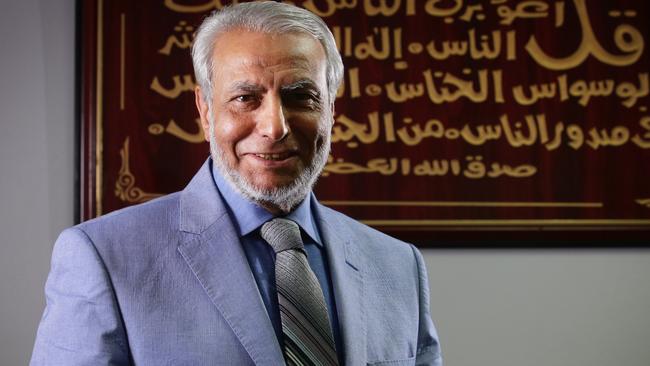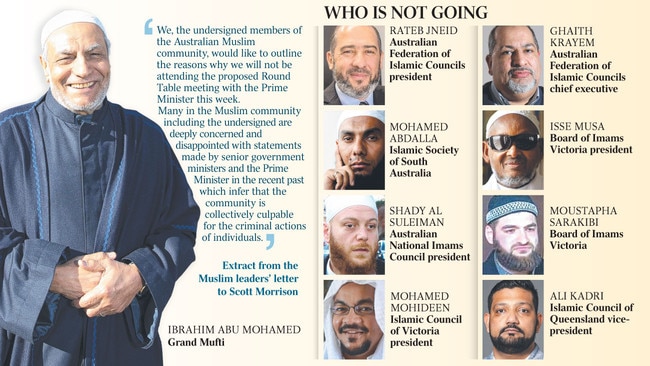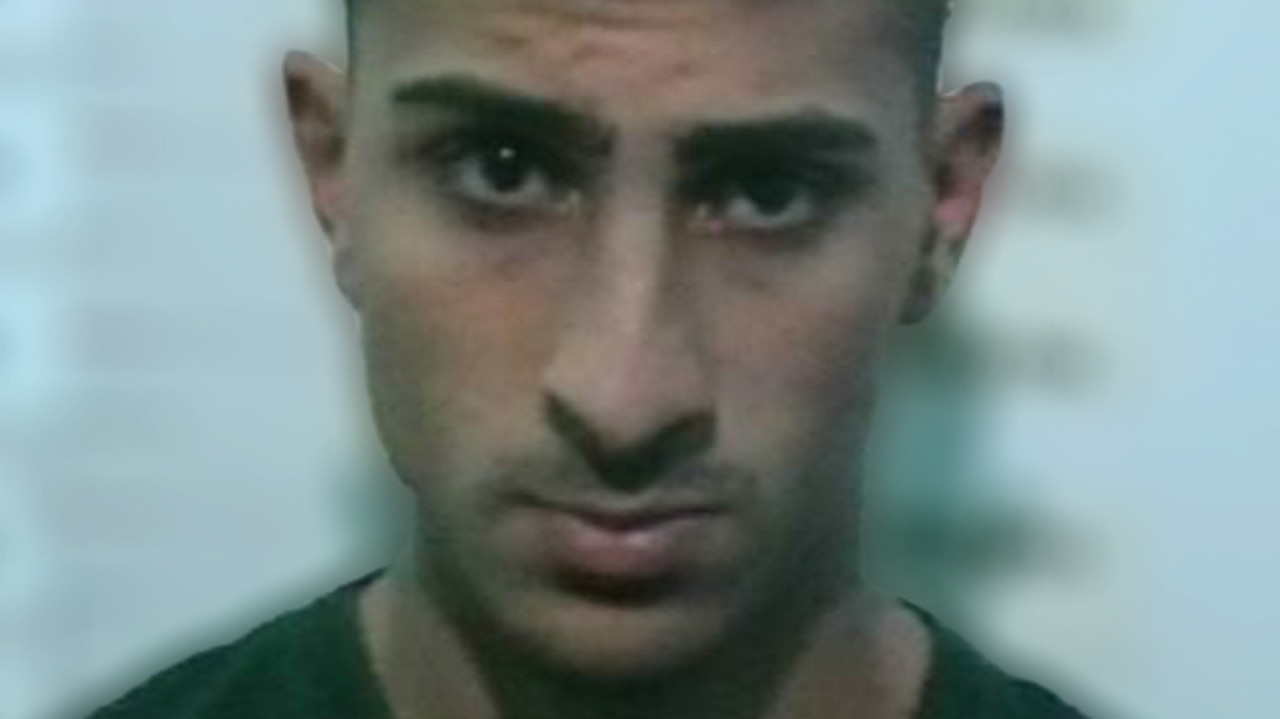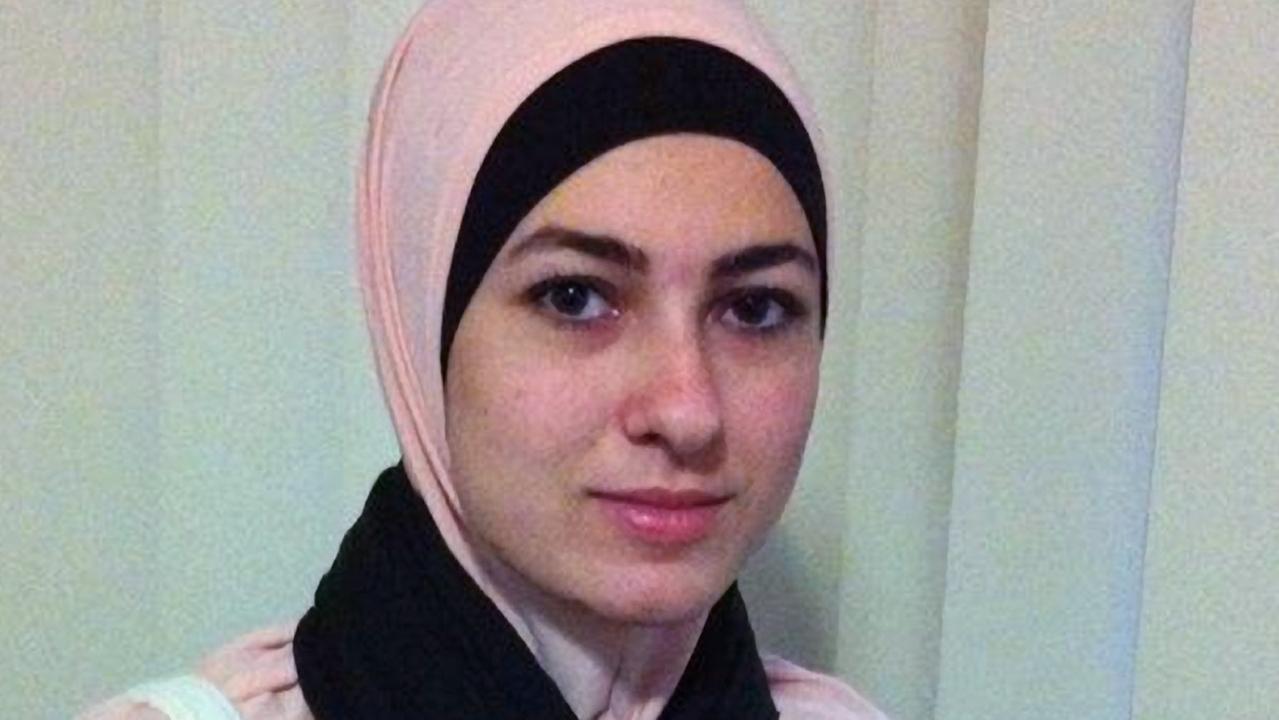Terror roundtable to go ahead despite Muslim leaders’ boycott
Despite a boycott by some senior Muslim figures, a meeting convened by the Prime Minister will take place today.

Scott Morrison has accused senior members of Australia’s Muslim community of being in denial about the causes of Islamist terrorism after top community leaders announced they would boycott a proposed meeting convened by the Prime Minister to tackle extremist violence.
Two weeks after Somali terrorist Hassan Khalif Shire Ali knifed three people in a Melbourne terrorist attack, killing restaurateur Sisto Malaspina and igniting fresh debate about the community’s role in stopping Islamist violence, a row has erupted between Mr Morrison and the country’s senior Muslim leaders.
In a joint statement yesterday, community leaders from Victoria, NSW, South Australia and Queensland and Grand Mufti Ibrahim Abu Mohamed condemned what they described as the Prime Minister’s “divisive’’ rhetoric on Islam and violence.
“Many in the Muslim community including the undersigned are deeply concerned and disappointed with statements made by senior government ministers and the Prime Minister in the recent past which infer that the community is collectively culpable for the criminal actions of individuals,” the joint statement reads. “These statements have achieved nothing to address underlying issues, but rather, have alienated large segments of the Muslim community.”
The remarks drew a defiant response from Mr Morrison, who said the roundtable discussion, which had not been announced publicly and is scheduled for today, would proceed regardless.
“Some have chosen to publicly boycott this meeting,’’ he said.
“Continuing down a path of denial only lets their communities down. It makes their communities less safe and more vulnerable.’’

The stoush prompted former prime minister Tony Abbott to call out Islamic leaders for what he said was “gross discourtesy’’ in refusing to meet Mr Morrison.
“I think that it would certainly help the standing of Islam and Muslim people in Australia if their official representatives would sit down and have a meaningful discussion with the Prime Minister about what all of us can try to do to try to ensure that we don’t see more terrorist outrages like the attack in Melbourne 10 days or so back,” Mr Abbott told 2GB radio.
He said Mr Morrison was “absolutely correct” to say there was a problem with Islamic extremism in Australia.
“As I said some years ago as PM, I have heard lots of Western leaders describe Islam as a religion of peace but I haven’t heard enough Muslim leaders describe it as a religion of peace,” he said.
Labor frontbencher Jason Clare, who represents the western Sydney seat of Blaxland, where Muslims make up 30 per cent of the population, said the Grand Mufti and other leaders should not have walked away from the opportunity to talk with Mr Morrison simply because they did not like his language after the Bourke Street terror attack.
“If people have decided to boycott it, I think that is a mistake,” Mr Clare told Sky News.
“Take the opportunity and tell the Prime Minister what you think … If you have got a difference of opinion then tell the person face-to-face but never walk away from an opportunity to talk to the Prime Minister of Australia about the issues that you have got.”
In the days after the Bourke Street attack, Mr Morrison said the Muslim community had a special responsibility to call out religious extremism. “The leaders of the community need to know what’s going on in their community and there can be no excuses for looking [the other way],’’ he said at the time.
About 10 community leaders are expected to attend today’s meeting, despite the boycott.
Among them is Sydney doctor Jamal Rifi, who yesterday backed the Prime Minister.
“To be honest, I felt that his remarks were spot on,’’ Dr Rifi said.
“He used his words carefully and it was a true reflection of what our society and in particular the Australian community faces.’’
Dr Rifi, an old friend of Mr Morrison, said he respected the diversity of views within the community but it was foolish not to use an audience with the Prime Minister to express concerns.
One of the signatories to the statement, Islamic Council of Queensland vice-president Ali Kadri, said there had been considerable debate within the community about the boycott.
He added that the community was already doing all it could to denounce terrorism.
‘’One of the invitees, Sheik Suleiman, is on the death list of ISIS,’’ Mr Kadri said. “How many times do we have to shout it down to prove that we don’t support ISIS? We are doing it.”
Another signatory, Australian Federation of Islamic Councils chief executive Ghaith Krayem, said the group was prepared to meet the Prime Minister, provided their concerns could be addressed and more time allocated.
Mr Krayem said AFIC had written to Mr Morrison outlining the community’s concerns but had not heard back.
Additional reporting: Greg Brown



